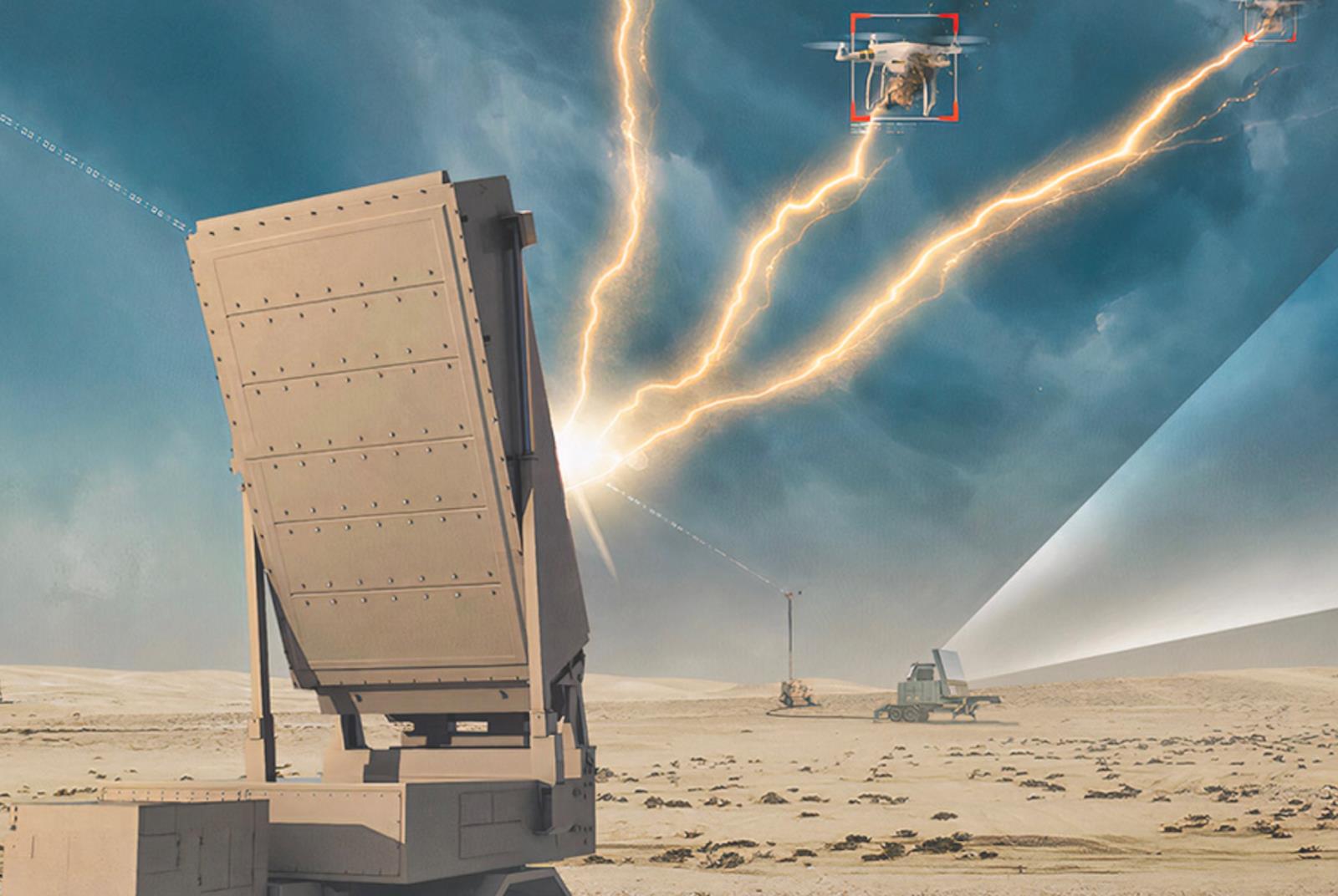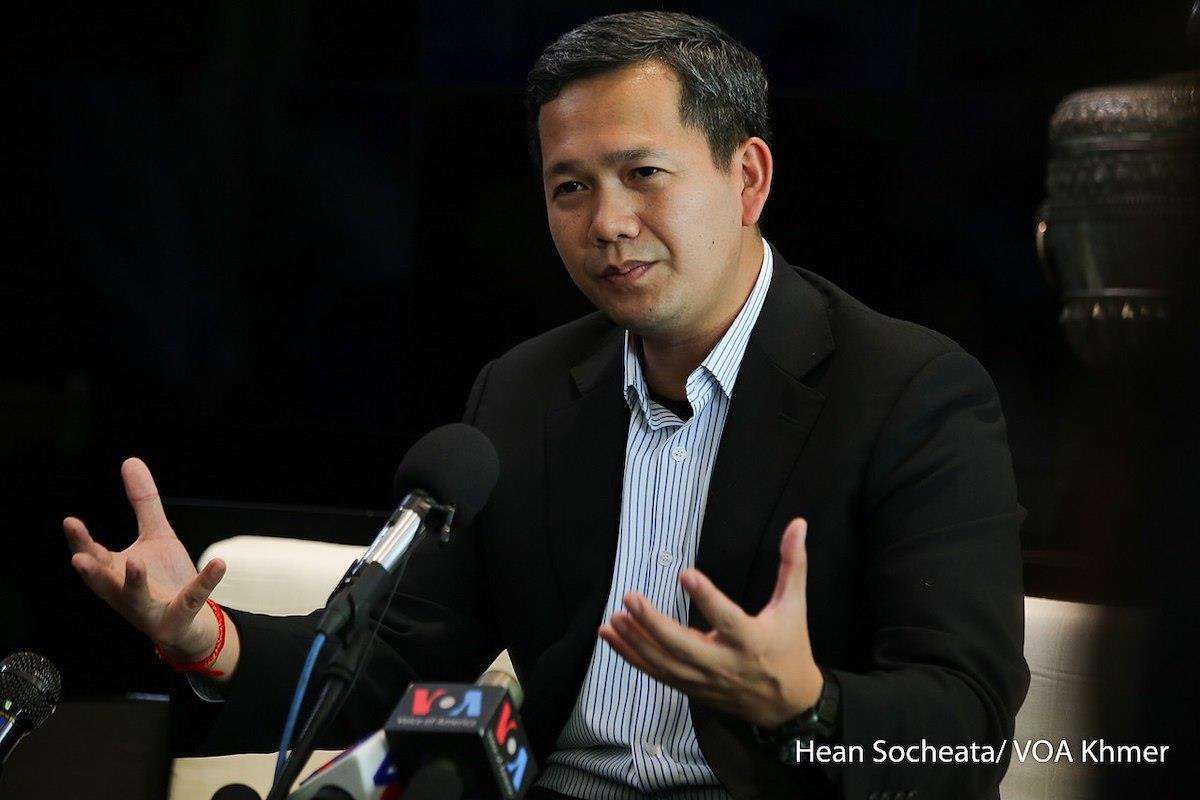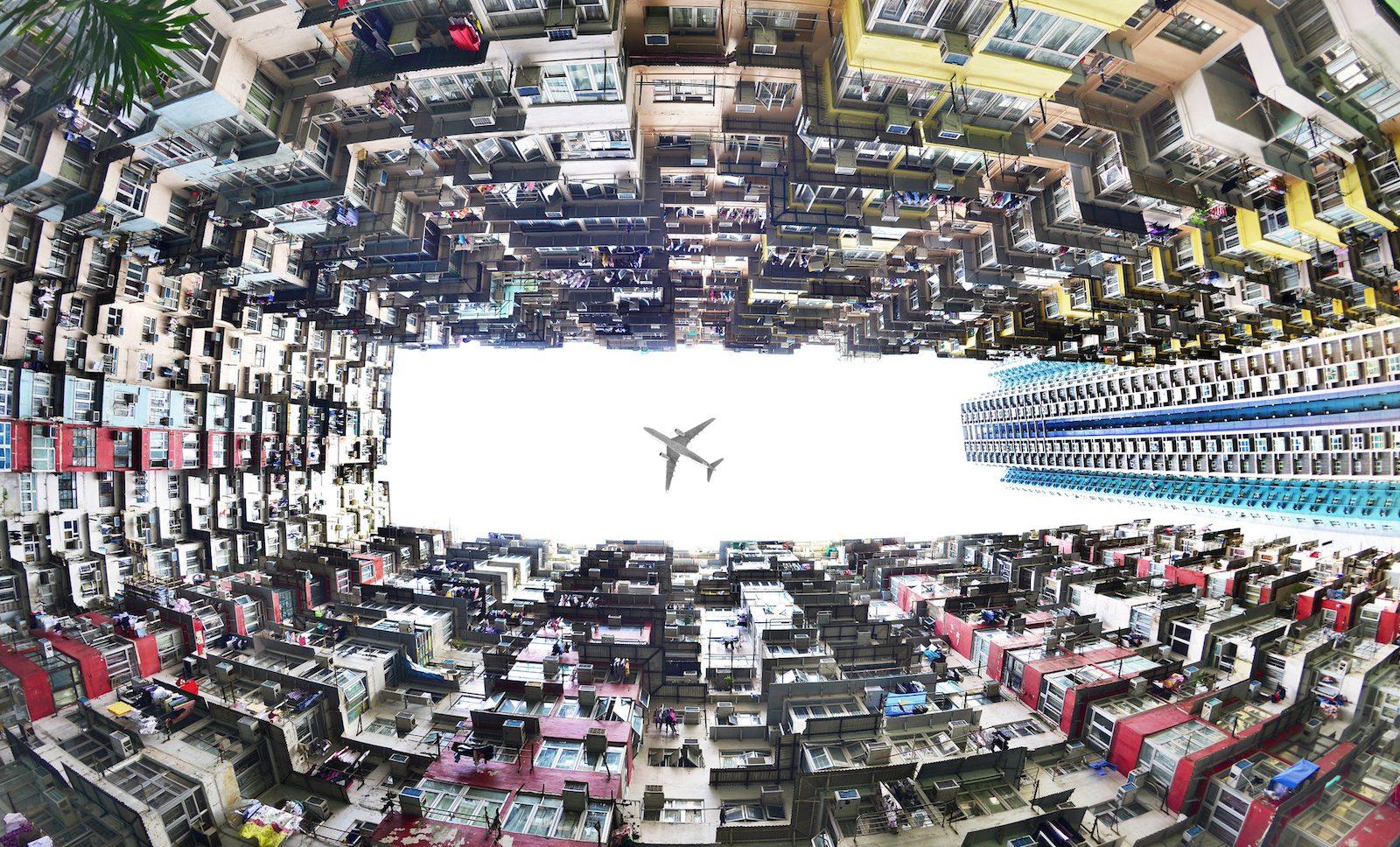Quad Needs To Protect Vulnerable Undersea Cables
Yet, the debate over their protection from a national security viewpoint is relatively new, engendered by a combination of increasing great power rivalry in the Indo-Pacific and several recent incidents, such as the Chinese Newnew Polar Bear vessel that damaged a cable in the Baltic Sea in November 2023.
Recognizing the nature of the problem and perceiving growing threats to submarine cables on account of rising global tensions, the Quadrilateral Security Dialogue-Australia, India, Japan, and the US-established a framework for cooperation on the protection of cables in the Indo-Pacific in May 2023.
This paper analyses the Quad Partnership for Cable Connectivity and Resilience within the context of great power rivalry and the Quad's informal, consensus-based approach to governance. Based on our research, we provide several policy recommendations aimed at addressing both the challenges and opportunities associated with the quartet's submarine cable protection efforts across the Indo-Pacific.
These recommendations are not aspirational. Instead, they are practical, corresponding to what the Quad can collectively achieve in its current form.
Policy Prescriptions Lease cable repair shipsCurrently, there are only about 60
cable repair ships
in service, either installing a new cable or repairing a cable. The Quad members can collectively pool resources to lease cable repair ships in collaboration with industry partner like NEC Japan, which
signed
a charter contract with a UK-based company for an optical submarine cable-laying ship for approximately four years. This recommendation is straightforward, politically safe, and congruent with industry interests and actions.
Quad initiatives should prioritize existing subsea cable arrangements, work with local industry partners when possible, and thereby address local needs. A one-size-fits-all approach will not work, and Quad actions should dovetail with and support local and regional arrangements. Beneficence (do no harm) matters, and by working with smaller cable operators and industry, the interests of local populations in small island states, for example, can better be addressed.
Work with (and join) ICPCBecause submarine cable installation and repair are a business carried out by mostly private actors, we recommend that ministries and industry partners from Quad states should be encouraged to join the International Cable Protection Committee. ICPC promotes the safeguarding of submarine cables and facilitates collaboration among stakeholders. Its mandate to prevent damage to and enhance the reliability of cables can be enhanced by greater membership.
Update (and join) UNCLOS
Legal Disclaimer:
MENAFN provides the
information “as is” without warranty of any kind. We do not accept
any responsibility or liability for the accuracy, content, images,
videos, licenses, completeness, legality, or reliability of the information
contained in this article. If you have any complaints or copyright
issues related to this article, kindly contact the provider above.
Most popular stories
Market Research

- From Zero To Crypto Hero In 25 Minutes: Changelly Introduces A Free Gamified Crash Course
- Bitmex And Tradingview Announce Trading Campaign, Offering 100,000 USDT In Rewards And More
- FBS Analysis Shows Ethereum Positioning As Wall Street's Base Layer
- Japan Halal Food Market Size To Surpass USD 323.6 Billion By 2033 With A CAGR Of 8.1%
- Ethereum Based Meme Coin Pepeto Presale Past $6.6 Million As Exchange Demo Launches
- DOLLUM Expands Wallet Opportunities, Introducing New Security Features Following The DOL Token Sale


























Comments
No comment